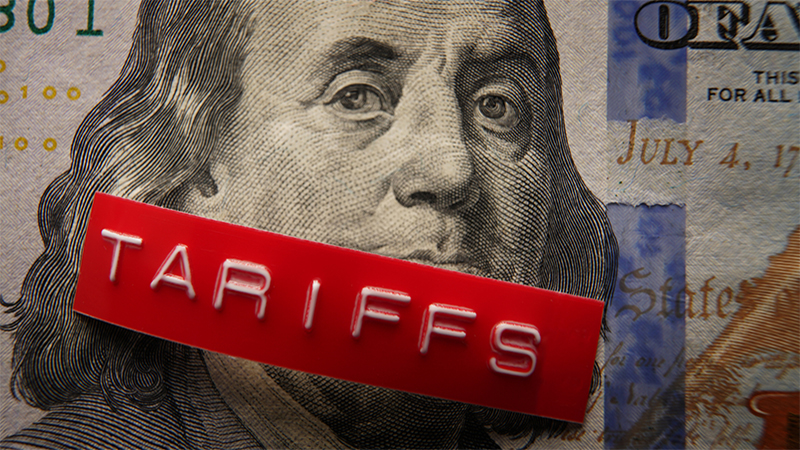The Rathbone multi-asset team has bumped UK exposure in portfolios to its highest level since 2011 on the belief Boris Johnson’s quashing of a Brexit negotiation extension beyond 2020 is positive for the country in the medium term.
Multi-asset managers David Coombs and Will Mcintosh-Whyte believe the UK could be the best-performing developed equity market next year.
It comes after the government announced on Tuesday the intention to add a clause to the Brexit bill to make it illegal to extend the transition period beyond the end of next year. The period is due to end in December 2020 but can currently be extended by mutual agreement for up to two years.
Extending negotiations would give three more years of uncertainty
Coombs and Mcintosh-Whyte said while the new law is negative for sentiment in the short term, it ensures all parties remain focused on getting an agreement which reduces the likelihood of a cliff edge.
Mcintosh-Whyte told Portfolio Adviser: “To get a deal done with Europe, you do have to set quite hard deadlines. If you give Europe or people in negotiations room for manoeuvre, they’ll push those deadlines back and that would give the UK three years of more uncertainty.”
He said the new “stable, centre-right pro-growth government” offers certainty and is likely to increase fiscal spending, which will boost consumer and investor confidence and, in turn, see overseas asset allocators re-enter the market and close their UK underweights.
Structured products ‘quirk’
The duo has upped UK exposure to its highest level since 2011. Portfolio are exposed via a FTSE 250 tracker and through structured products which include “straightforward accelerators” which buy FTSE 100 call options.
Mcintosh-Whyte said one of these accelerators is a seven-year product which sees the portfolio stand to receive 650% of the FTSE return capital if sterling is above $1.35.
“Clearly post-Boris’s announcement we’re back down to where we were before the election, but as a seven-year product we think it’s an interesting quirk on being able to get a decent return should we be right on UK assets generally, which includes sterling.”










